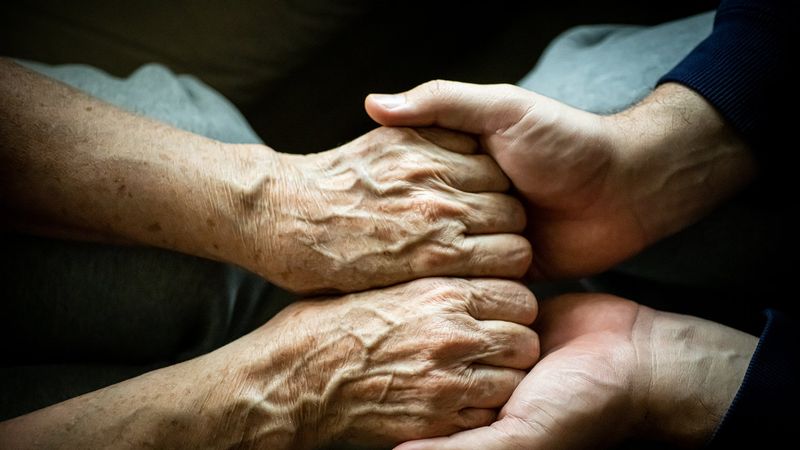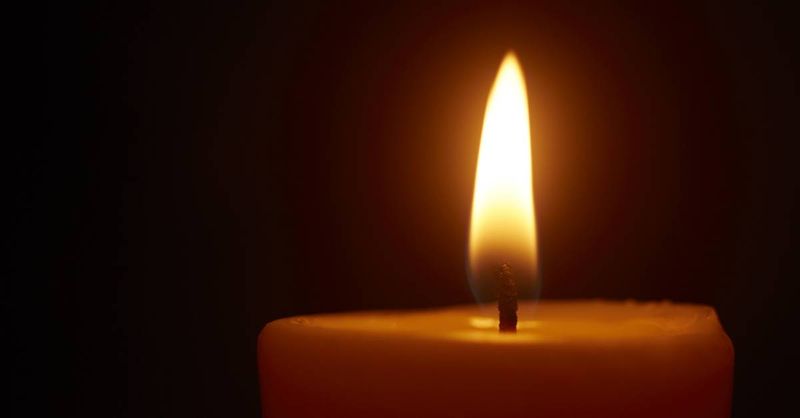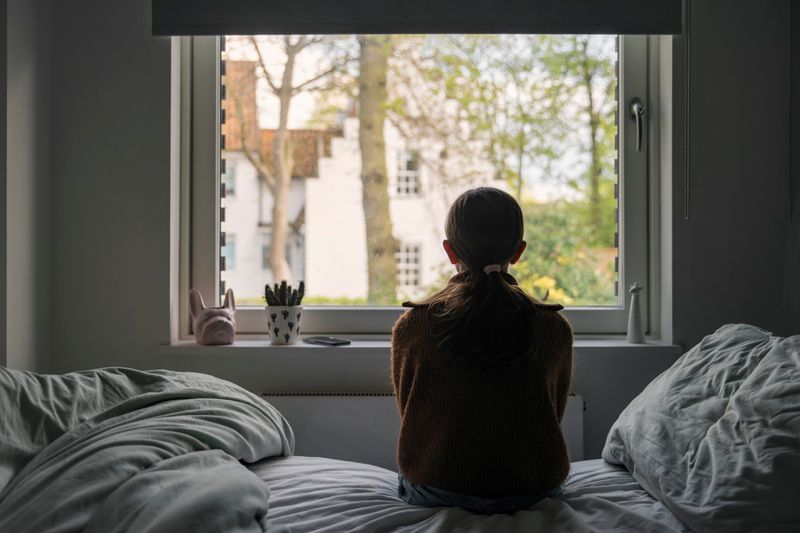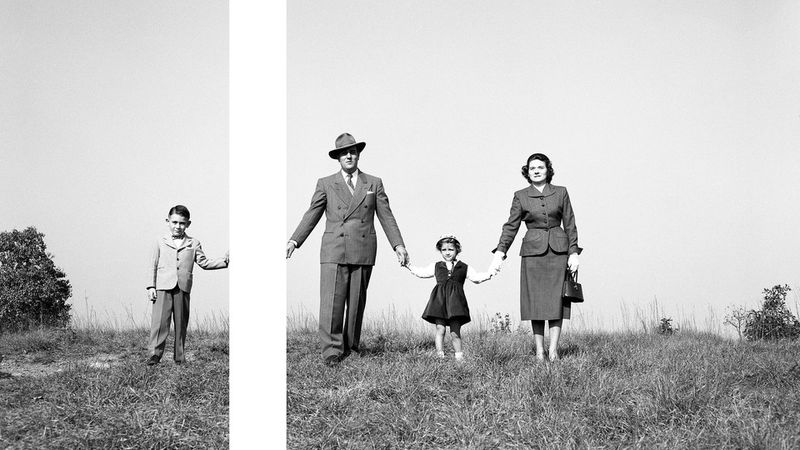There’s a unique kind of grief that doesn’t come with funerals or breakups. It doesn’t have a name people whisper about or sympathy cards to cushion the blow. It’s the slow, aching realization that you’re no longer close to the people who raised you.
Maybe it happened after a big fight. Maybe it happened in the tiniest, most unnoticed ways—missed calls, misunderstood words, mismatched values. Or maybe it never was close to begin with… and you’re just now letting yourself admit it.
Here are 20 subtle, painful, and often unspoken things that happen when the bond with your parents feels frayed, broken, or just not there anymore.
1. Editing Your Own Story
Ever catch yourself rehearsing a story before sharing it with your mom or dad? That’s what happens when you start censoring yourself without even noticing. It’s honestly like playing emotional Jenga, carefully pulling out the messy little truths so the whole thing doesn’t come crashing down.
You wonder if that detail will get a side-eye or spark a lecture. Suddenly, you’re scanning your memories for anything that might be ‘too much’ or ‘not enough.’
The saddest part? You don’t even notice how exhausted you are by this mental editing. You just know that honest conversations have been replaced by safe, tiny talk. And if someone asks why you’re so careful with your words, all you can say is, “It just feels easier this way.”
2. The Ringing Phone Dread
Watching the phone ring can feel like waiting for a dentist appointment. You know you should answer, but everything in your body says, ‘Ugh, not this again.’
The conversation isn’t about catching up or laughing—it’s just checking boxes: How are you? Are you eating? Did you pay that bill? It’s almost like reading from a script, but nobody’s winning an Oscar for this performance.
When you finally hang up, you don’t feel any lighter. The silence afterward is heavier somehow, like you missed out on comfort and just got a reminder of how far apart you feel. It’s wild how a simple ringtone can make you want to run for the hills.
3. Good News on Mute
You ace the interview, land the dream apartment, or finally pay off that credit card. The good news bubbles up inside you, but sharing it with your parents doesn’t even cross your mind.
Not out of spite—just out of experience. Their reactions feel flat, distracted, or weirdly competitive. So you keep the best parts of your life to yourself, telling friends or even your barista instead.
Soon, you get used to being your own cheerleader. The confetti moments feel a little quieter, but at least you know how to celebrate without disappointment. It’s bittersweet, this independence. But hey, someone’s got to pop the champagne, even if it’s just you.
4. Comparing and Despairing
Nothing stings quite like scrolling through a friend’s story—Mom brunches, Dad’s goofy texts, family group selfies. You want to be happy for them, but there’s a weird ache in your chest.
Jealousy isn’t cute, but neither is pretending you don’t care. You start asking yourself if you did something wrong, or if you’re just missing some friendship cheat code. Guilt and envy swirl together, leaving you feeling both petty and painfully human.
The hardest part? Knowing you’re not alone in feeling this way but still feeling like the odd one out. It’s a cocktail of longing and self-critique, and it doesn’t taste any better no matter how often you sip it.
5. Holiday Gymnastics
Holidays used to mean excitement and questionable casseroles. Now, it’s more about emotional gymnastics—twisting yourself into shapes that might fit. You practice your small talk and rehearse what you’ll say about work, love life, and the latest ‘big news’ (that you’re probably hiding).
Sometimes, you catch yourself laughing at the wrong joke or nodding along just to fill the silence. It’s a whole performance, and you’re both the actor and the audience. By dessert, you’re more tired than you were after actual cardio.
It’s the weird realization that everyone’s around, but you still feel alone. Those hugs and laughs might be real, but the closeness just isn’t.
6. Boundary Backlash Blues
Setting boundaries with your parents feels like building a fence with spaghetti—wobbly, guilt-ridden, and not very sturdy. The moment you try to protect your peace, the backlash hits, whether it’s a snarky comment or the cold shoulder.
You replay the confrontation over and over, wondering if you asked for too much. But letting them in fully doesn’t feel safe either; it’s like an emotional tug-of-war where nobody wins.
You’re stuck choosing between guilt and self-preservation, and honestly, neither one feels good for long. The emotional hangover after every boundary talk just adds another layer to the distance.
7. Family Gathering Armor
There’s a whole ritual to getting ready for a family gathering when you’re not close anymore. It’s not about what you’ll wear—it’s about the armor you need to put on. You run through possible awkward questions, brace yourself for passive jabs, and try to remember everyone’s latest drama.
You practice neutral answers in your head, just to survive the dinner table. By the time you actually show up, you’re already exhausted from the mental prep.
It’s a strange combination of wanting to be seen and hoping to stay invisible. The whole night is spent on high alert, ready for anything and nothing at the same time.
8. Parents: Just People Now
One day, you stop seeing your parents as superheroes—and start seeing them as flawed, regular people. It’s not liberating; it’s heavy. Their mistakes aren’t just stories, they’re real consequences you have to live with.
You realize they have their own baggage, blind spots, and deeply human hang-ups. That clarity brings sadness more than relief.
It’s a weird role reversal—suddenly, you’re the one with the emotional maturity, and you’re not sure how you feel about it. The pedestal’s gone, and what’s left is messy, complicated, and real.
9. Random Waves of Sadness
Some emotions don’t show up on a calendar. You could be minding your own business in a grocery store or tearing up at a random movie scene, and suddenly, there’s this ache in your chest.
It’s not about missing a specific moment—it’s the loss of what could have been. You catch yourself longing for a closeness you never really had, and it’s both confusing and overwhelming.
These waves don’t ask permission. They sneak up on you, reminding you that grief isn’t always loud or logical. Sometimes, it just whispers, “I wish things were different.”
10. Hope’s Fragile Little Flame
Deep down, you keep wishing for a sign—an apology, a curious question, something that says “I see you.” It’s almost like waiting for rain in a drought. You hold onto hope because letting go feels too final.
You replay old conversations, analyze every text for a hint of change, and sometimes dream up imaginary reconciliations. It’s bittersweet, craving what you know probably won’t come.
Instead of closure, you settle for small sparks—those rare moments when they actually listen, or laugh at your joke. Hope hangs on, even when reality keeps snuffing it out.
11. Downplaying the Distance
“Oh, we’re just not that close.” You say it like it’s no big deal, maybe even laugh it off. But inside? It burns every time.
You don’t want to make things awkward or be the emotional one, so you slap on a brave face. Nobody needs to know how much it stings that your mom isn’t your emergency contact anymore.
You become the queen of downplaying, using humor or quick subject changes to dodge the real story. It’s easier to be casual than to admit how much it hurts.
12. Constant Self-Questioning
The ‘Is it them or is it me?’ soundtrack is always playing in the background. You replay conversations and wonder if you were too sensitive or if they were just being harsh.
Some days you blame yourself, other days you blame them. The only thing consistent is the second-guessing. It’s a mental ping-pong match with no clear winner.
You wish there was a manual for this stuff, or at least a referee. But most days, you just feel stuck in the uncertainty, trying to figure out if you’re asking for too much or not nearly enough.
13. Becoming Your Own Parent
Nothing teaches you self-care quite like having to parent yourself. You get a cold? You make your own soup and tuck yourself in. Heartbroken? You hold your own hand and whisper, “It’ll be okay.”
You learn to celebrate your own wins and pick yourself up after every loss. There’s a quiet strength in becoming your own safety net, but also a sadness in knowing you can’t lean on the people who raised you.
Still, you grow more resilient every day. It’s not the fairy tale you wanted, but it’s a story of fierce independence.
14. Overcompensating in Love
You go all-in with love, pouring attention and support into your friendships and relationships. Sometimes, it’s almost too much, but you can’t help it. After all, you’re desperate to give what you never got.
You check in constantly, remember every birthday, and become the emotional anchor for your crew. It’s a way of proving to yourself (and them) that you can be different.
But sometimes, you realize you’re running on empty, exhausted from giving so much. You want to break the cycle, but old habits die hard when your heart’s been looking for home.
15. Grieving the Idea, Not the Person
Is it them you miss, or the idea of having the parents you always needed? It’s a question that circles your mind when the sadness creeps in.
Sometimes you long for comfort, sometimes you just want a version of them that feels safe and accepting. But mourning what never existed is a strange kind of grief.
You’re not sure what you’re actually missing—just that something big feels permanently out of reach. That ache doesn’t fit into any neat category, but it’s there, quietly shaping your days.
16. Feeling Like an Extra in Your Own Life
Being around your parents can make you feel like you’re performing for a crowd, not living your own story. You laugh at the right moments and share the safe updates, but none of it feels real.
You act like the daughter they expect, not the person you actually are. It’s like you’re auditioning for acceptance, even though nobody’s handing out a prize.
By the end, you’re left wondering if they know you at all—or if they even want to.
17. Searching For ‘Home’ Again
‘Home’ is supposed to be a feeling, not just a place. But when you’re not close to your parents, you start to wonder if you’ll ever feel that again. Sometimes you let yourself hope, but more often you brace for disappointment.
The old comforts—your bedroom, the family fridge, the smell of Sunday dinner—don’t bring the same peace. Instead, there’s a bittersweet nostalgia that stings more than it soothes.
You want to belong, but you’re not sure where you fit anymore. The search for home becomes a lifelong quest.
18. Learning Not to Expect Support
After a while, you stop expecting them to be there. No more waiting for a birthday call or a “How are you really?” check-in. You learn to lower your hopes, but the sting never really fades.
It’s a strange heartbreak, grieving someone who’s still alive. You celebrate alone, keep your worries to yourself, and eventually stop reaching out as much.
Even when you tell yourself you’re fine, there’s a quiet ache that lingers. Letting go of expectation doesn’t mean letting go of longing.
19. Living Orphan Blues
It’s a brutal thought—feeling like an orphan when your parents are still alive. The emotional connection is gone, replaced by a hollow ache that’s hard to explain.
You’re not mourning a death, but a loss all the same. And it feels just as real, even if nobody else sees it.
You build a life, fill it with people who care, but that missing piece is always there. It’s a sadness you mostly keep to yourself, but it colors everything.
20. Building a Life Without Them—And Still Hurting
You create a beautiful life—good friends, cozy spaces, adventures that make you proud. On paper, you’re thriving, but there’s a part of your heart that still aches for what you lost.
Laughter and love are real, but so is the sadness for the family you wanted and didn’t get. Some days, you feel strong and full; other days, the emptiness sneaks up and surprises you.
You learn to carry both—the joy and the grief. It’s complicated, but it’s yours.





















